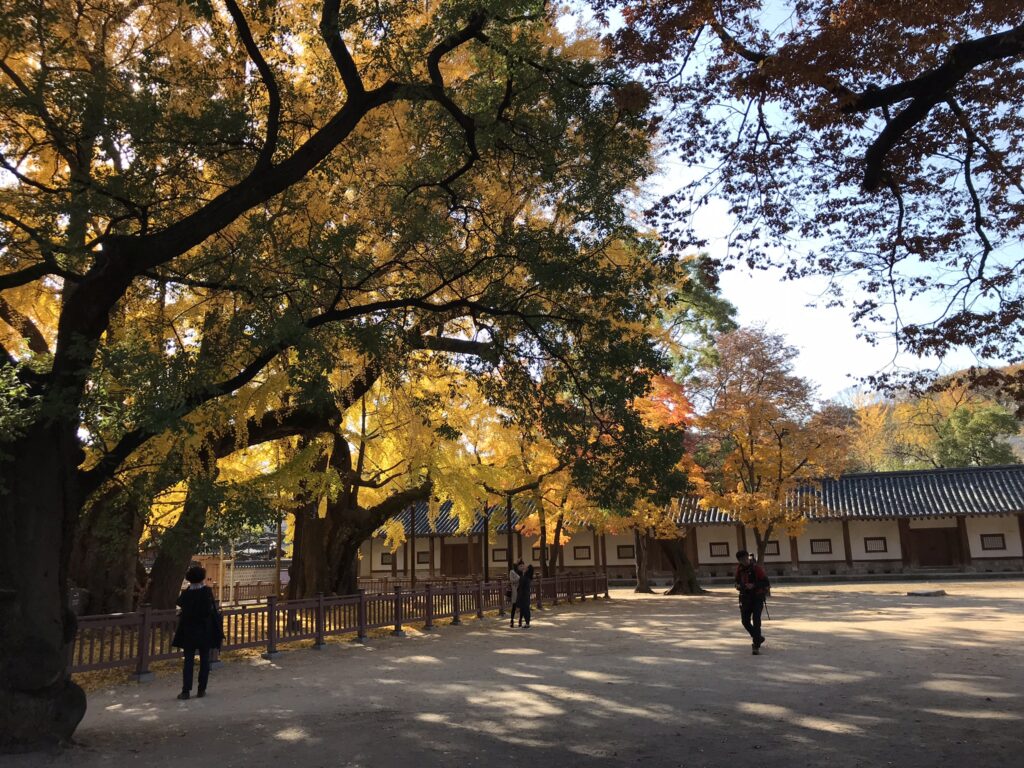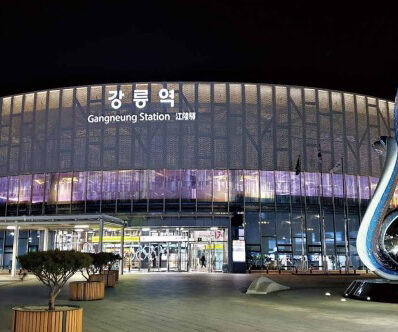
If studying in Korea has long been on your wish list (be it because of your love for Korean culture or the prestige of Korean education), we have good news for you: it is doable. Moreover, there are different ways of getting into the Korean university of your dreams regardless of finances, the degree you wish to pursue, or Korean language skills.
In fact, over the past few years, the birth decline has led to a students shortage all across the nation. As a result, the Korean government and the local universities have been making effort to attract more international students. This is to say, entering a university in Korea as a foreigner has never been easier than it is nowadays.
Generally, there are two ways to enter a university in Korea if you are from abroad.
1) Applying through a scholarship program
2) Applying directly to the university
Let’s go through each in more detail below.
1) Applying through a scholarship program
You probably have heard that there is a variety of scholarship programs that can sponsor your studies in Korea. Some of them even offer full coverage of all the expenses including accommodation and provide a monthly allowance. Global Korea Scholarship, also known as Korean Government Scholarship Program, is perhaps the most popular of such programs. It also offers such benefits as a round trip ticket to visit your home country once a year.
Criteria
There are specific criteria that need to be met to be eligible to apply. And if you are a foreigner who does not hold Korean citizenship – congratulations, you are already meeting one of the requirements. However, you should be aware that your chances will also depend on how competitive the scholarship is in your country of origin.
Language proficiency
Korean proficiency is not mandatory since the program includes 1 year of Korean language courses. However, we do strongly recommend being diligent with your language studies. This is because further, you will need to take TOPIK (Test of Proficiency in Korean), is required to apply to a university of your choice. Important to mention that the higher your level in the test is, so will be your monthly allowance.
For more information visit the official homepage of GKS here:
https://www.studyinkorea.go.kr/en/sub/gks/allnew_invite.do
We are already working on an article devoted to GKS exclusively, so stay tuned!
2) Applying directly to the university
Don’t be discouraged or upset if for some reason you couldn’t get a scholarship! Say, you have missed the deadline. In case you don’t have time to wait for the next admission, you can always apply directly to the university of your choice. In fact, many Korean universities feature a merit-based scholarship, and all you need to do to get it is just keeping your grades up. The better your academic performance, the bigger your allowance/discount for tuition fees should be. Also, some universities offer their own scholarship programs.
When do admissions take place?
The admissions take place twice a year before each semester. For example, if you are planning on applying for spring semester’22 (spring semester is the first semester of an academic year in Korea), admissions would normally take place in October-November’21. If applying for the fall semester, you are free to apply around mid-spring. Make sure to check the exact dates on the homepage of the university you are looking to apply to, since those may vary.
Are there any language requirements?
Besides the basic documents (high school diploma, motivational letter, study plan, etc.) there are also language certificates you will need to attach to your application. This depends on the language of your program, so do check this information thoroughly. Some universities that have programs in English do not require Korean fluency, but there are certainly benefits for those who can speak the language at least at a basic level. For instance, Sungkyunkwan University offers a tuition fee discount for the first year for those who submit their Korean language test results along with their application. Although not always required, including your English test results (IELTS, TOEIC, etc.) will be a plus as well.
Foundation year
Many Korean universities also have a foundation year for freshmen, including international students. If you haven’t made up your mind yet, this will be a great option for you. Taking Sungkyunkwan University as an example once again, for your first year you are offered a 1 year-program where you can upgrade your Korean language skills and get used to academic Korean. If you are confident about your Korean, you are always free to opt out of the program and take courses according to your preferences.
Last, but not least
Always make sure to get the most accurate information first-hand not to make mistakes in the future. Normally all the information you need to know is presented during the orientation week. Each school has different policies regarding the grading system and the quota you should meet before graduating. Perhaps, it may be not that big of a deal for Koreans. However, for foreigners, the lack of knowledge can even result in you having problems with your residency status/visa or other unpredicted consequences. Do make sure to clarify every question with your department and international office.




